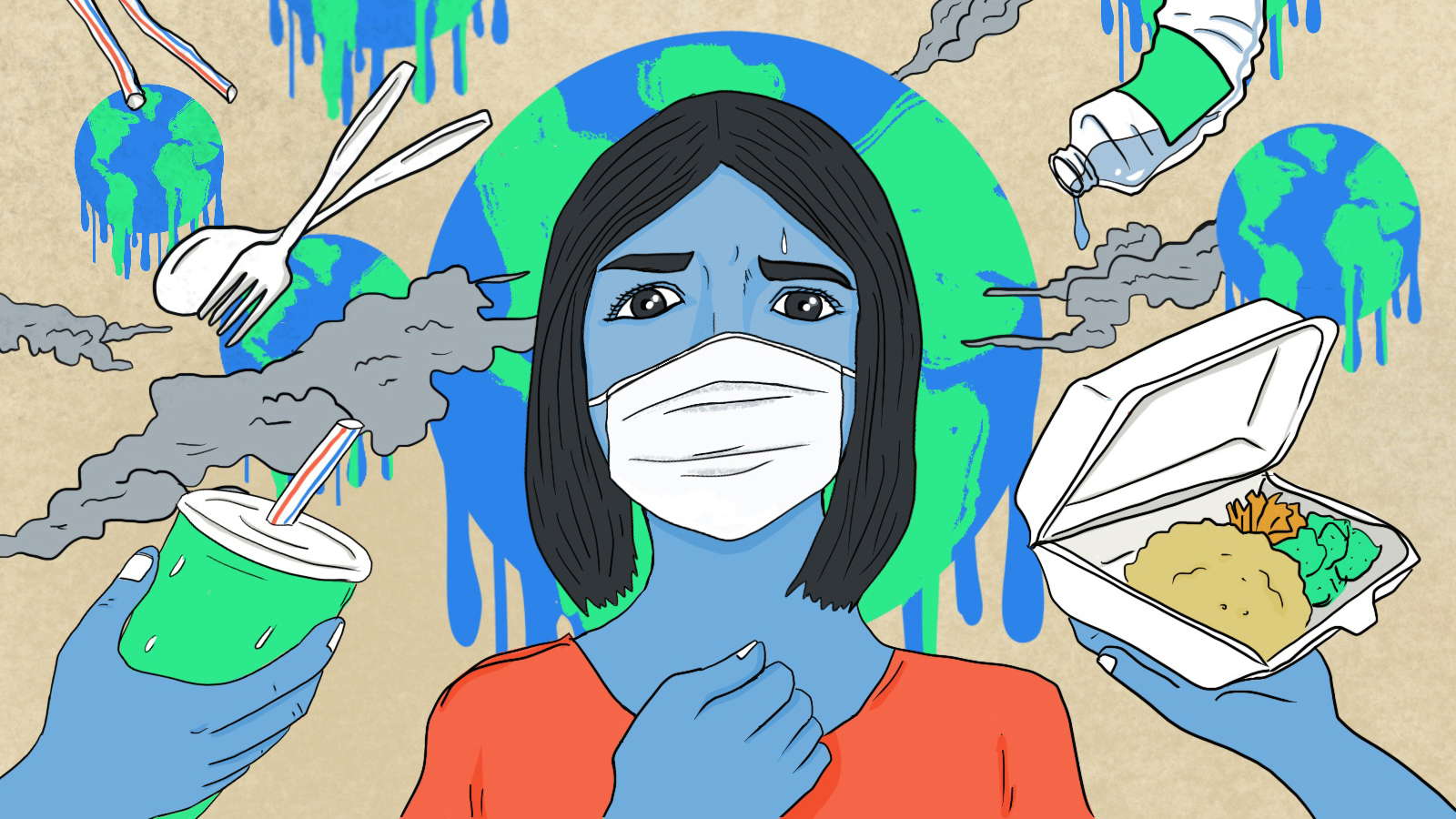Eco-anxiety is an emerging psychological condition marked by chronic fear and stress related to environmental destruction and climate change. While not yet classified as a clinical disorder, it is gaining recognition among mental health professionals, particularly in younger generations. People experiencing eco-anxiety may feel helpless, overwhelmed, or guilty about their ecological footprint and the state of the planet. These emotions, while rooted in real concerns, can lead to mental fatigue, insomnia, and even depressive symptoms if not managed.
Studies suggest that as awareness of environmental issues grows, so too does the emotional burden. Unlike traditional anxiety triggers, eco-anxiety is unique because it stems from global events largely outside an individual’s control. However, it can be addressed through a combination of psychological support, lifestyle changes, and community engagement. Cognitive behavioral therapy (CBT), mindfulness, and grounding techniques have been found effective in helping individuals channel their anxiety into constructive action rather than despair.
One key to managing eco-anxiety is fostering a sense of agency. Participating in sustainability initiatives, educating others, and taking small yet impactful actions—like reducing waste or conserving energy—can help individuals regain control. It’s also important to stay informed without becoming overwhelmed by negative news cycles. Addressing eco-anxiety isn’t just about coping—it’s about cultivating resilience in the face of uncertainty and contributing to a healthier world, mentally and environmentally.




